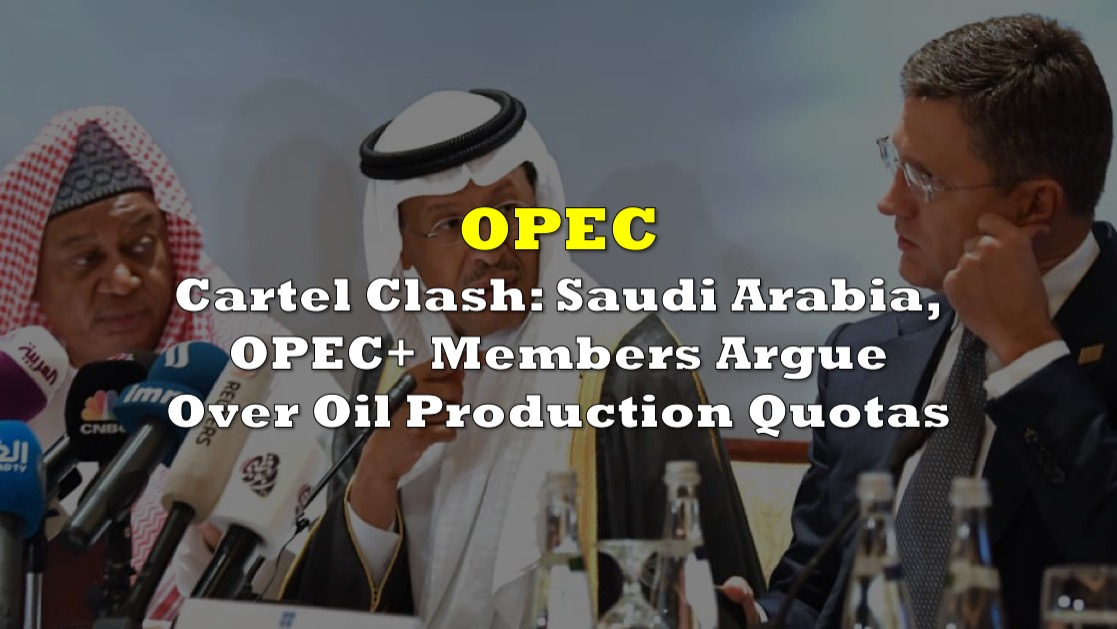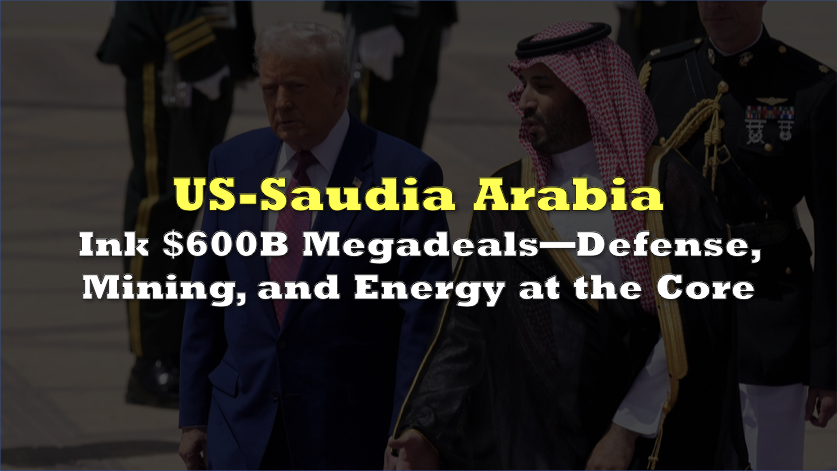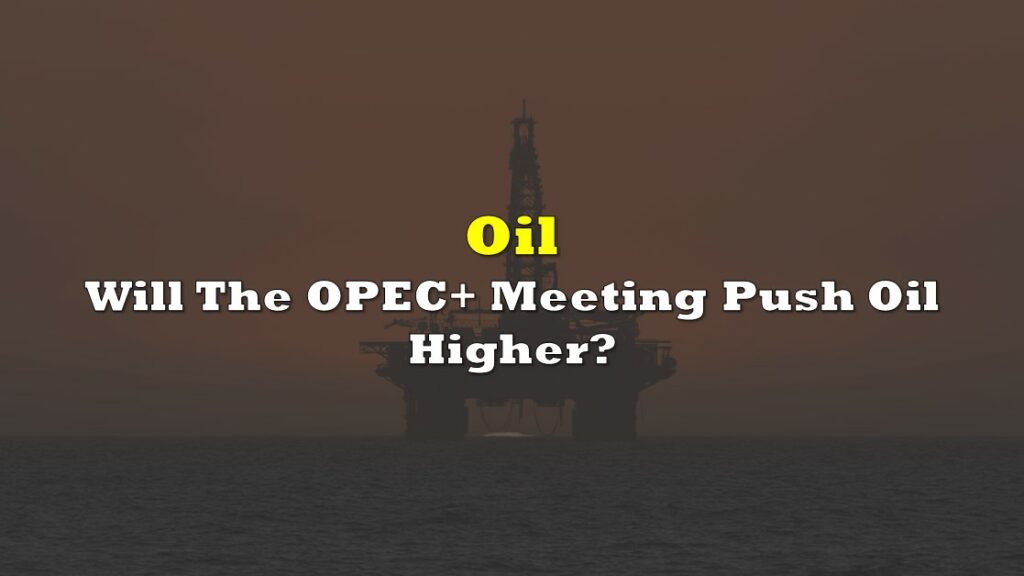In a high-stakes battle for oil dominance, tensions erupted within OPEC as Saudi Arabia and several member countries clashed over production quotas ahead of a crucial meeting on Sunday. The escalating dispute reflects concerns over weakening global energy demand, creating uncertainty within the cartel.
As the de facto leader of the Organization of the Petroleum Exporting Countries, Saudi Arabia demanded that smaller African producers reduce their quotas, while simultaneously engaging in talks with the United Arab Emirates, another influential member, to allow increased production. The clash came to a head when Saudi Oil Minister Prince Abdulaziz bin Salman summoned African delegates to his Vienna hotel suite on Saturday, informing them of impending production quota reductions. However, the meeting concluded without a resolution.
African countries, such as Nigeria and Angola, have historically struggled to meet their production targets due to various challenges, including the lingering effects of pandemic shutdowns and underinvestment.
With the 23-member group accounting for nearly half of the world’s oil production, the move was aimed at stabilizing crude prices amid fears of a slowdown in the global economy and reduced energy demand. However, most members are hesitant to sacrifice their allotted production quotas as it directly impacts their overall revenues.
Meetings over the weekend however concluded with extending production cuts that are already in place, rather than expanding them. Back in October OPEC+ initially slashed output by 2 million barrels per day. In April, major members such as Saudi Arabia and Russia implemented an additional cut of 1.6 million barrels per day.
For its part, Saudi Arabia has announced a unilateral reduction in oil exports, signaling its determination to prop up the market. Starting in July, the kingdom will cut its oil exports by 1 million barrels per day, while the rest of the OPEC+ producers have agreed to extend earlier production cuts throughout the next year. During a news conference, Abdulaziz referred to the reduction as a “lollipop” and expressed the intention to extend the cut if necessary to bring stability to the market.
The short-term effect of the production cut is expected to push up oil prices, but its long-term impact will depend on Saudi Arabia’s decision to extend the reduction. This latest move by Saudi Arabia highlights the uncertain outlook for fuel demand in the coming months, with concerns over economic weakness in the United States and Europe, and China’s recovery from COVID-19 restrictions falling short of expectations.
Overall, OPEC+ has reduced production by 4.6 million barrels per day on paper, although some member countries struggle to meet their quotas, resulting in an actual reduction of around 3.5 million barrels per day, equivalent to over 3% of global supply. Agreements that were previously in place called for the production cuts of 3.66 million barrels per day to end at the end of 2023, however that has now been extended to the end of 2024.
Despite the previous cuts, oil prices have failed to sustain their gains. The international oil benchmark, Brent crude, has plummeted over 20% since the initial output cuts by OPEC and its allies in October. Consequently, another output cut on Sunday is not anticipated to elicit a significant reaction from Washington, as analysts predict continued low oil prices.

Sustained high oil revenue is crucial for Saudi Arabia to finance its ambitious development projects aimed at diversifying the country’s economy. The International Monetary Fund estimates that the kingdom needs oil prices to be around $80.90 per barrel to fulfill its spending commitments, including the ambitious $500 billion Neom desert city project.
Adding further complexity to the OPEC+ meeting, tensions between the two largest oil producers, Saudi Arabia and Russia, have been escalating due to previous disagreements over production cuts. The Wall Street Journal reported that Russia continues to flood the market with large volumes of cheaper crude, undermining Saudi Arabia’s efforts to bolster energy prices.
The implications for the energy alliance between Saudi Arabia and Russia remain uncertain, as it is unclear whether Saudi Arabia will take immediate action that could affect the relationship. Riyadh and Moscow have a history of friction within OPEC+. In March 2020, oil prices collapsed when the two nations failed to reach an agreement to address a supply glut. Following the disagreement, Saudi Arabia initiated a price war in an attempt to gain market share from Russia. However, beyond the oil sector, their partnership has yielded limited results in terms of security cooperation, trade, or investment.
It’s worth noting that while higher crude prices could bolster Russia’s profits and aid its war efforts against Ukraine, it could also complicate trade for the country if prices surpass the $60-per-barrel price cap imposed by the Group of Seven (G7) major democracies. Russia has employed various strategies, such as utilizing “dark fleet” tankers to evade the price cap, but these methods come with added costs.
As part of the OPEC+ deal, Russia has committed to extending its voluntary production cut of 500,000 barrels per day through the next year. However, recent data suggests that Russia may not be fully complying with its promises, as its total exports of oil and refined products rose to a post-invasion high of 8.3 million barrels per day in April, according to the International Energy Agency’s oil market report.
Insiders within OPEC indicate that major production decisions increasingly fall under the purview of Abdulaziz, often without consulting other group members.
In recent months, Abdulaziz has been fixated on Wall Street short sellers, openly criticizing traders whose speculative actions can lead to price drops. His recent warning for them to “watch out” had led analysts to speculate that OPEC+ may reduce output at their June 4 meeting.
This focus on financial markets underscores the pressure faced by Abdulaziz as the first Saudi prince to lead the oil ministry. While Crown Prince Mohammed bin Salman pursues ambitious plans to reshape Saudi Arabia’s oil-dependent economy, Abdulaziz must ensure that crude prices remain at a level that makes these efforts economically viable.
Information for this briefing was found via AP News, The Wall Street Journal, and the sources mentioned. The author has no securities or affiliations related to this organization. Not a recommendation to buy or sell. Always do additional research and consult a professional before purchasing a security. The author holds no licenses.









